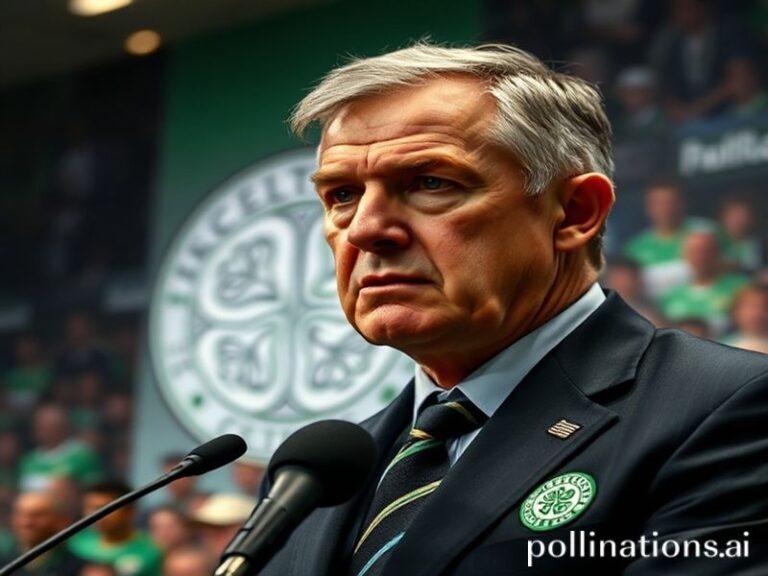The Ross King Empire: How One Canadian Turned Renaissance Drama into a Global Money Machine
**The Ross King Phenomenon: How One Man’s Art Historical Midlife Crisis Became a Global Cottage Industry**
If you’ve ever wondered what happens when a Canadian art historian discovers that academic salaries couldn’t finance a decent bottle of Chianti, let alone a Tuscan villa, look no further than Ross King. The man has transformed the literary equivalent of watching paint dry—Renaissance art history—into a multinational empire of bestsellers that somehow make fifteenth-century fresco disputes feel as urgent as tomorrow’s stock market crash.
King’s particular genius lies in convincing millions of international readers that they absolutely need to understand the political intrigue behind Brunelleschi’s dome or the petty grievances of Michelangelo’s creditors. It’s a feat of marketing that would make Machiavelli blush—or at least update his LinkedIn profile. From Seoul to São Paulo, King’s books have become the intellectual’s beach read, proving that nothing says “vacation” quite like lugging a 600-page treatise on Italian architectural disputes through airport security.
The global implications are staggering. Tourism boards across Italy have King to thank for hordes of tourists who suddenly feel compelled to examine sixteenth-century plaster with the intensity of forensic accountants. Florence’s economy practically runs on Americans who’ve read “Brunelleschi’s Dome” and now feel qualified to lecture actual Italians about their own architectural heritage. It’s cultural appropriation wrapped in academic authority, served with a side of artisanal gelato.
What’s particularly fascinating is how King’s success reflects our collective desperation for substance in an age of TikTok attention spans. We’ve become so starved for meaning that we’ll willingly slog through detailed descriptions of marble quarrying techniques if it promises to make us feel intellectually superior at dinner parties. It’s the literary equivalent of eating kale: nobody actually enjoys it, but we all pretend to for the social capital.
The international publishing industry has taken notice. King’s formula—take one Renaissance genius, add a dash of conspiracy, sprinkle with contemporary relevance, and serve with a side of architectural jargon—has been replicated across markets faster than you can say “commercialized humanism.” Publishers from Mumbai to Munich are scrambling to find their own Ross King, preferably one who can make Gothic cathedrals sexy and medieval masonry matter to millennials more concerned with their Instagram aesthetics.
But perhaps King’s greatest achievement is making the Renaissance relevant to a world teetering on the brink of environmental collapse and technological dystopia. While we’re busy arguing about AI ethics and climate change, he’s reminding us that humanity has always been terrible—just with better craftsmanship. The Medici were essentially the original tech bros, complete with monopolistic practices and artistic “disruption.” Plus ça change, as they say, though King would probably prefer we quote it in Italian.
The dark joke, of course, is that while we’re all busy feeling culturally enriched by King’s meticulous research, we’re missing the Renaissance happening right now—in Silicon Valley boardrooms and Chinese manufacturing hubs. Tomorrow’s Michelangelos are probably designing algorithms or 3D-printing organs, but we’re too busy admiring chapels to notice. King’s success is both a celebration of human achievement and a monument to our inability to recognize genius in our own time, unless it’s packaged with a recognizable brand name and a starred Kirkus review.
In the end, Ross King has done something remarkable: he’s made the past profitable, the esoteric accessible, and the academic aristocratic. It’s a uniquely twenty-first-century success story—one man who figured out that in an age of infinite content, what we really crave is the comforting illusion that we understand the past, even as we bumble through the present. The Renaissance may be over, but its commercial potential is eternal.







